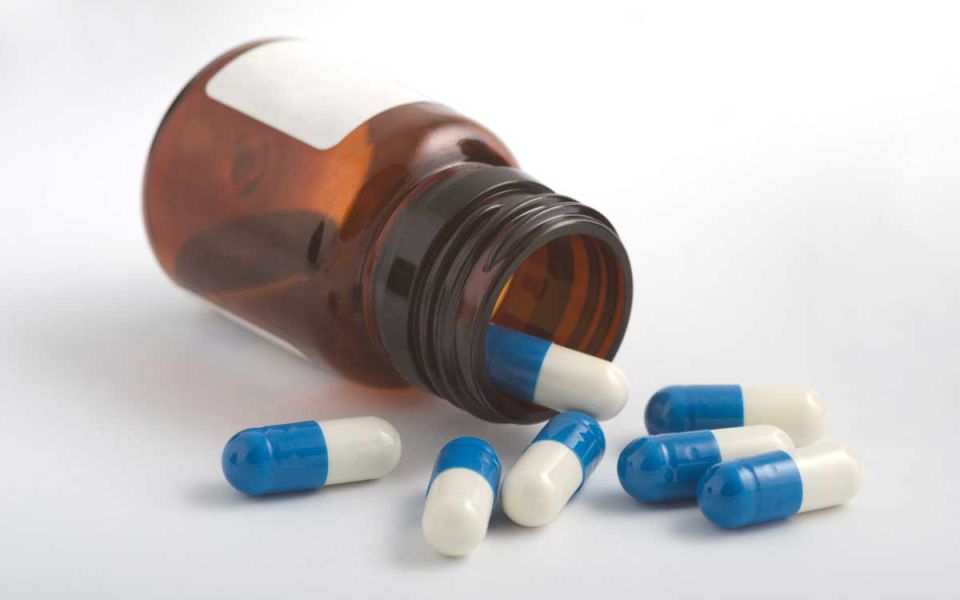I can’t take my statin, what now?

If you have high cholesterol, you may dread going to your doctor, especially if they are going to complete a cholesterol blood test. You know they prescribed a statin, but the muscle cramping you experience after taking it just isn’t worth it. How do you tell your doctor that the medication they prescribed just isn’t working for you? You are not alone, and there are options available for you.
We all know that having excess cholesterol in our blood is a bad thing, but why is it so bad? High cholesterol has often been called ‘The Silent Killer’. In fact, according to the CDC heart disease is responsible for 1 in 4 American deaths every year. High cholesterol is known to cause plaque formation in arteries, constricting blood flow to vital organs in your body. Even worse, cholesterol plaques can become dislodged from the walls of the arteries potentially causing blood clots. Both heart attacks and strokes can be caused by plaques reaching the heart or brain respectively. If lifestyle changes such as a good diet and exercise can’t bring down your cholesterol numbers, you may need medication. The most common cholesterol-lowering medications to date are statins such as Crestor, Lipitor, or Zocor. These medicines have been life-saving for many people that can tolerate them. However, some people are intolerant to statins and will experience side effects such as painful muscle cramps, inflammation, and more. If you are allergic to or can’t handle statins what can you do?
It is crucial to keep your cholesterol levels down, lowering your risk for a heart attack and stroke. You may try one of the medications already on the market for people with statin intolerance such as Zetia, Juxtapid, and Repatha. However, each of these drugs has its own risks. Zetia can cause symptoms similar to those caused by statins. Juxtapid, a newer medication, has been found to significantly reduce LDL bad cholesterol by 40-50%. Sadly, it also caused diarrhea, nausea, vomiting, or abdominal pain in 28% of patients. In 2015 the FDA approved Repatha, a new class of drug called a PCSK9 inhibitor that is very successful in lowering LDL. Unfortunately, due to the cost of development and production, the annual cost is around $14,000 dollars making it unaffordable for most people. If you’ve had trouble taking statins in the past you may be asking “What do I do now”? Many of our participants are looking for alternative treatments or want to be part of cutting-edge research. I encourage you to check out the cholesterol research studies we are conducting at many of our research centers.
Click Below for ENCORE Research Group's Enrolling Studies
References:
"Heart Disease Fact Sheet." Centers for Disease Control and Prevention. Centers for Disease Control and Prevention, 16 June 2016. Web. 27 Apr. 2017.
Orrange, Sharon, MD. "Finally, a Non-Statin Cholesterol Medication That Works: Introducing Juxtapid." The GoodRx Prescription Savings Blog. N.p., 06 June 2014. Web. 27 Apr. 2017.



